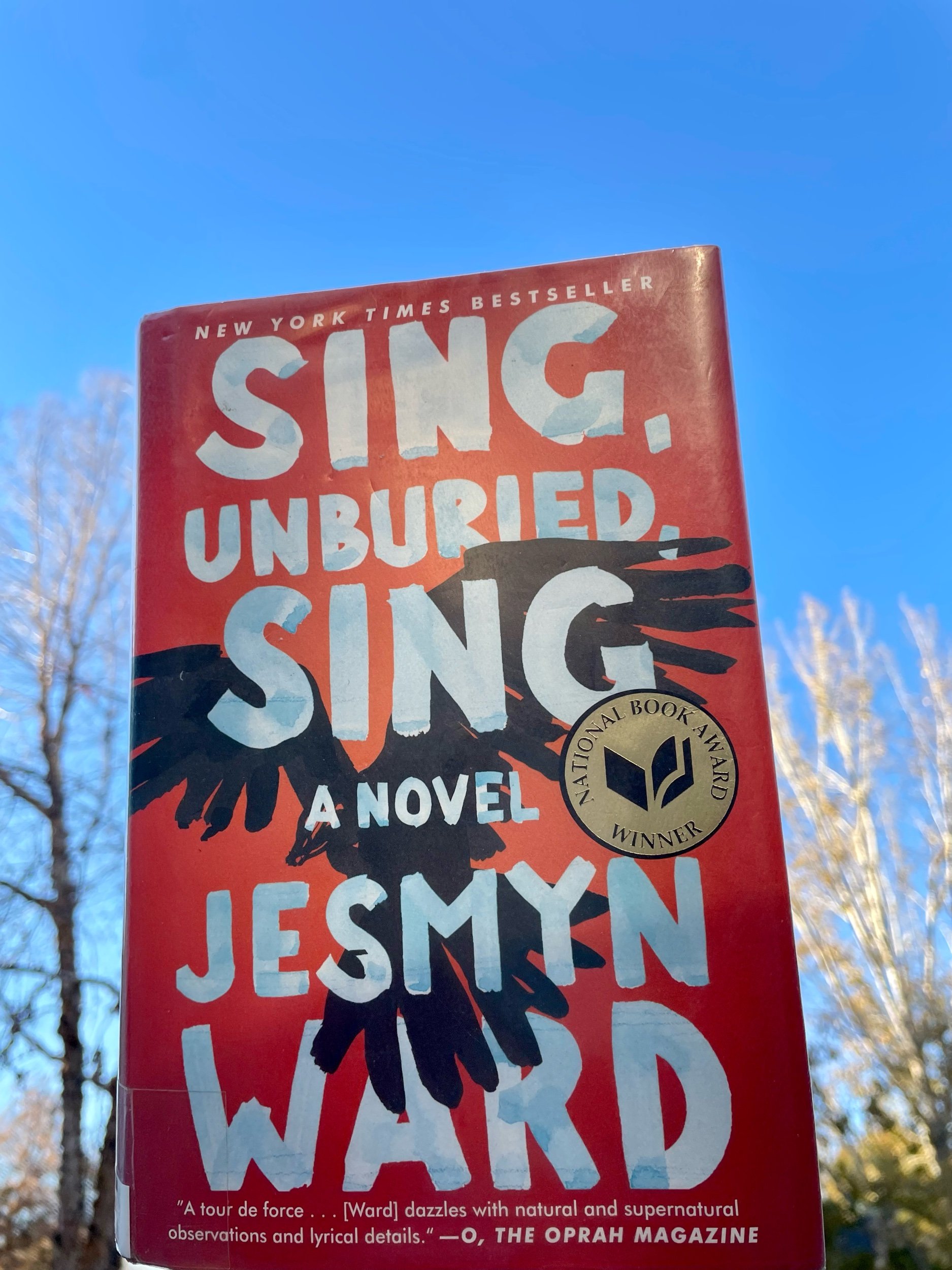A Place for Us
Fatima Farheen Mirza’s debut novel, A Place for Us (2018) is a moving family drama punctuated on modern American issues, particularly those of immigrant families. A Place for Us is the story of a family of five. Rafiq and Layla, the parents, immigrate from Hyderbad, India, and raise three American-born children (Hadia, Huda, and Amar) in California. Each character struggles through the conflicts unique to immigrant families as the blessings of American freedom are often at odds with inherited cultural traditions. Their Muslim community, with its rigid rules and stern fathers, punctuates much of Hadia, Huda, and Amar’s childhoods. The culture of their community sits in stark contrast to their experiences at school and among their non-immigrant peers. Each child comes-of-age differently, absorbing the lessons and traditions in their own ways, and succeeding or failing accordingly. Mirza captures this family, and its struggles and successes, by jumping perspective from one family member to the next as the novel progresses. Just as the reader has assumed one child’s perspective, we see the world through the mother’s eyes. By constructing her novel thus, Mirza demonstrates the complicated nature of any family drama and the individual mistakes, regrets, and traumas that inform it.
A Place for Us offers two generation’s worth of Muslim-American immigrant experience. The novel opens at the eldest daughter, Hadia’s, wedding as her brother, Amar, attempts to re-integrate with the members of his estranged family and community. Mirza builds her story through flashbacks as the reader begins to understand what led to the estrangement. As A Place for Us progresses, it reflects on sibling rivalry and intimacy, as well those specific moments in life that perhaps send each of us down a certain path. This is stirring family drama that includes the American immigrant success story alongside its worst nightmare.
The subtle tension between American culture of self-determination and the traditional ways Rafiq and Layla urge their children to live, percolates throughout A Place for Us. Miraz’s second-generation characters face instances of bullying following 9/11, the decision to wear or shed the hijab, and the heartbreak of betrayal by one’s own family as they come of age. While this story follows each of Rafiq and Layla’s children to a point, much of its drama surrounds their son, Amar, in his struggles to conform to the strict Islamic teachings of his parents’ religion. While this is the tale of a practicing Muslim family, Miraz’s novel also explores the desolation of addiction and substance abuse. A Place for Us includes so many touching moments alongside the heartache of many of our country’s biggest challenges this century: racism, addiction, and immigration.
While A Place for Us touches on many a troubling theme, it also presents the complicated nature of families and emphasizes each member’s humanity. I found the final part of Mirza’s novel by far the most moving. After many memories of a stern, disciplined, and often absent father figure, A Place for Us concludes in father, Rafiq’s, words as he nears the end of his life. After Layla, his arranged bride from India, and his three adult children have shared their memories and point of view, Rafiq’s perspective is at once tragic and inspiring. This novel reminds its readers that parents hold a special power in the lives of their children; one that should be wielded carefully and always punctuated by love. This final section rounds A Place for Us out by humanizing all the family members and exploring their hidden traumas and tragedies, as well as their deepest desires.
A Place for Us offers all of us the chance to experience, for a moment, the hardships and the triumphs of a Muslim-American family. Reading books like this one can only build a more empathetic world, as we see our own hopes and fears amidst the characters whether we share religious and cultural backgrounds or not. In the end, this is the story of a family full of love, pain, and misunderstanding; it is a story that could be told of many families practicing any number of religions. As I read the final lines, A Place for Us left me hopeful.
A Few Great Passages:
“‘Don’t you know—that’s the thing—everyone is not just good. Everyone is trying to be good. And everyone feels this way sometimes, that they are not good, and not good at trying either’” (279).
“Maybe it was the exceptions we made for one another that brought God more pride than when we stood firm, maybe His heart opened when his creations opened their hearts to one another, and maybe that is why the boy was switched to the ram: so a father would not have to choose between his boy and his believe. There was another way” (291).
Bibliography:
Miraz, Fatima Farheen. A Place for Us. SJP for Hogarth, 2018.






